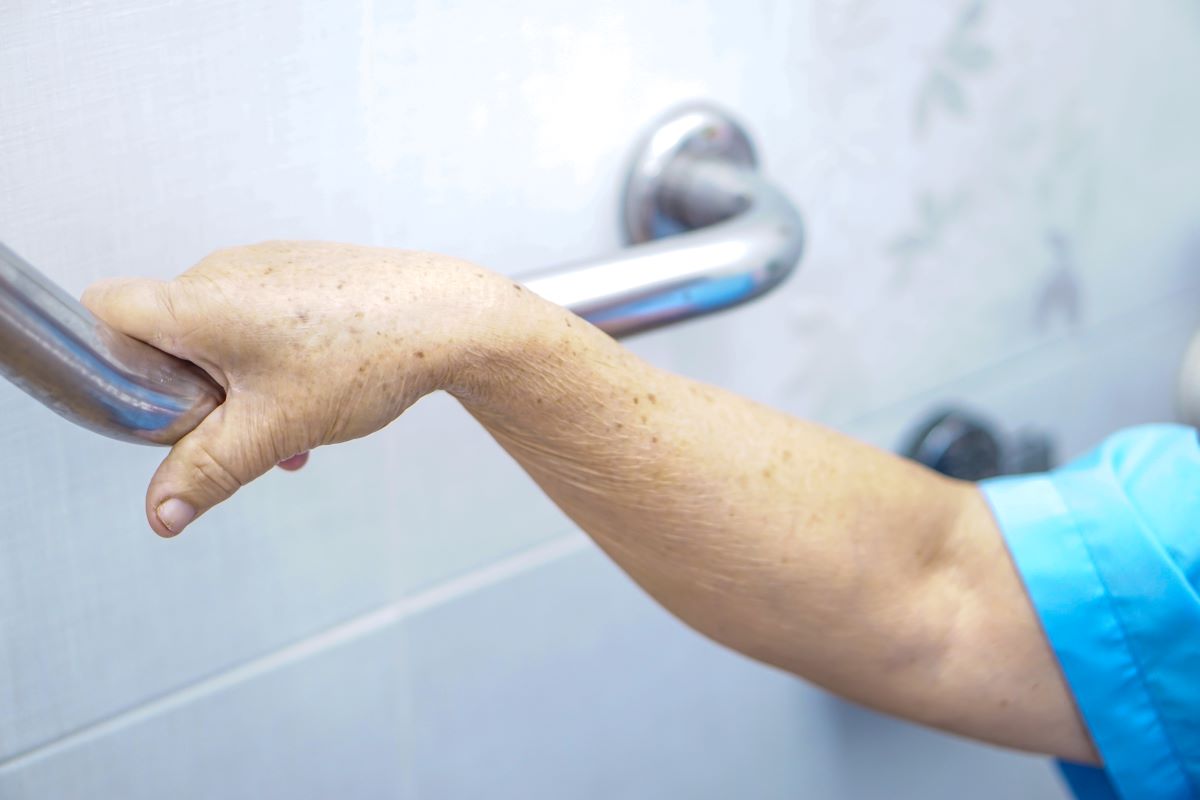The growing availability of telehealth services and telecare in New Zealand has many benefits for elderly people. The option to access medical advice, diagnoses, and treatment online is a game-changer for an array of reasons, and it’s great to see the expansion of these services.
Read on for more about what telehealth entails, its history in New Zealand, and why it is beneficial as part of elderly care services.
Telehealth in New Zealand
Telehealth or telecare refers to the delivery of medical care using digital technologies. This can cover phone calls, video calls, patient portals, and any other online access to medical professionals. In practice, it can range from simple helplines to entire virtual appointments combined with remote monitoring to provide an extensive range of medical services.
While the in-person clinic model is still the most common in Aotearoa, there have been telehealth options available for a while now. Healthline, for example, is an early version of this. Although it can’t offer official diagnoses or treatment, it does provide medical advice from medical professionals.
The National Telehealth Service (Whakarongarau) was developed in 2015 to bring together a number of free health service lines, and Ka Ora Telecare was established in 2023 to serve rural communities. Although full-spectrum medical telecare is still not widely available (and in some situations is not practical), the accessibility of these services is widening.
Benefits of telehealth for elderly people
For senior New Zealanders especially, telehealth can be very beneficial. Whether or not you consider yourself ‘tech-savvy’, this kind of support is designed to be easily accessible – and you can always get a bit of assistance from carers or family members if necessary.
Independent living
Just as at-home care allows older people to live independently and stay in their homes for longer, so do telehealth services. Moving into a residential care facility has the benefit of bringing medical assistance within easy reach, and this is a major factor for a lot of seniors and their families. The increase in telehealth and telecare services in New Zealand allows the same benefit without having to move out of home.
Physical accessibility
For those with mobility limitations, in-person doctors’ appointments are understandably a struggle, particularly when they are required frequently. The ability to receive diagnoses, treatment, and advice over a video call makes life easier for elderly people, and combined with something like a medical alarm can extend their ability to stay in the comfort of their own surroundings.
Removing obstacles
Telehealth service can also remove geographical restrictions on specialist services, allowing elderly people to speak with doctors who have specific knowledge of their condition. It reduces their exposure to the illnesses common in clinics and hospitals, and reduces the workload of caregivers who take them to appointments.
Monitoring
Wearable monitoring devices such as blood pressure monitors, glucose meters, pulse oximeters, and even thermometers or smartwatches combine with telehealth beautifully. These devices can provide doctors with the data they need to make diagnoses, track symptoms, and decide on treatment without a physical exam. Although in-person medicine will likely always have an important place, technology can make medical care much more widely accessible. For older people, this is crucial.
Overall: better health outcomes
More available and accessible medical services for elderly people, unsurprisingly, means better health and wellbeing outcomes. This study carried out in Spain links telehealth services to better quality of life for elderly high-risk patients, and this mixed study review concluded that “Telehealth was useful for promoting health among rural-living older adults. Technological supports are needed to improve telehealth ease of use and adherence.” These and many other studies support the benefits of telehealth for older people.
Private Care NZ helps people all across New Zealand retain their independence and quality of life, with tailored care services delivered in the comfort of home. In combination with telehealth services, our team of compassionate experts are ready to help you or your loved one live well in the familiar comfort of home.


